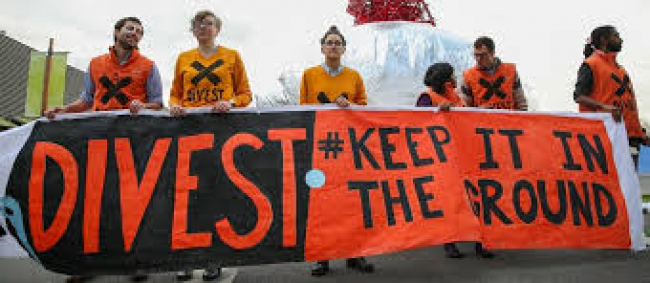Articles Menu

Back in 2009, campaigners hoped that the Copenhagen climate summit could provide a desperately needed win following a string of ill omens: the 2008 financial collapse that pushed climate off the political agenda, potentially fatal flaws in the European Union’s carbon emissions trading system, and the major public relations victories that climate deniers won following the “Climategate” hoax in 2009. Copenhagen needed to produce a strong agreement building on the Kyoto Protocol, the only legally binding global agreement on carbon emissions reductions, which was coming to a close without a successor.
The negotiations happening now in Paris at the United Nations climate summit are not expected to produce the kind of agreement needed to preserve a habitable planet. It’s already clear that the fight for the climate will have to continue into 2016 and beyond.
And yet the situation is not as bleak as it was in 2009. Before looking ahead to the post-Paris struggle, it’s worth looking back to see how much has changed since Copenhagen.